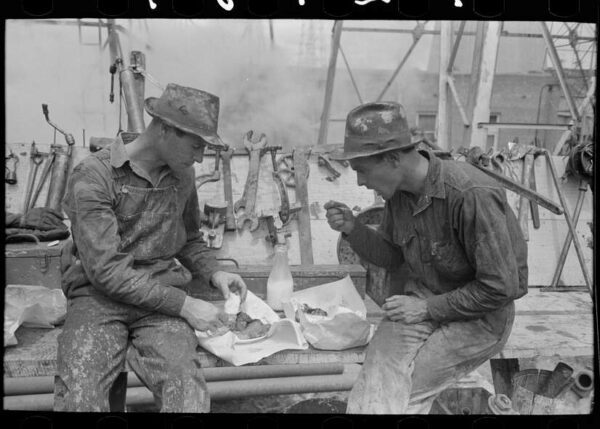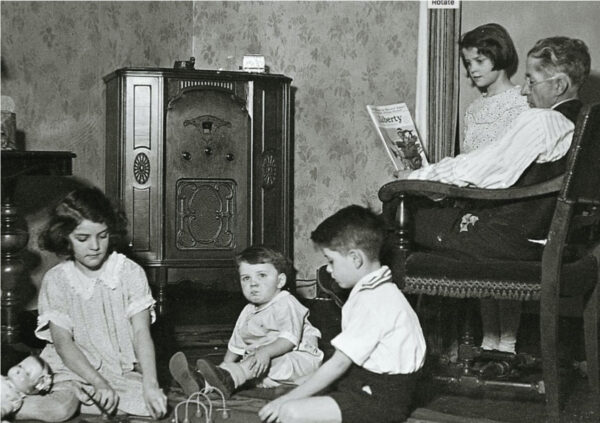Author Archive

MINIMUS MAXIMUS
With two exceptions (New Zealand, 1894; Australia, 1896), no country had a minimum wage law until the 20th Century. Instead, employers paid what they contended were “just (or fair) wages” on the purported mutual consent of their workers. If employees agreed to labor at the take-it-or-leave-it rates business offered, U.S. courts ruled they were powerlessto challenge the sanctity of that private contract.

SQUARE MEAL IS THE DEAL
The California Supreme Court has ruled that employers may not round worker time entries for meal breaks, in contrast to rules permitting rounding for start and end of workday time entries. Kennedy Donohue v. AMN Services, Inc. (Donohue) (February, 2021).

WORKPLACE DISCRIMINATION PREVENTION
Now with over 40 million residents and some 950,000 employers, California leads the nation in the size and diversity of its workforce. Every employee in the state holds protections against discrimination, harassment and retaliation, primarily through the Fair Employment and Housing Act (FEHA).

PANDEMIC LEAVE 2.0
On March 11, 2021, President Biden signed the American Rescue Plan Act of 2021 (ARPA), extending payroll tax credits provided under the federal Families First Coronavirus Response Act (FFCRA) into Fall, 2021.

ONE CERTAIN CONSTANT: CHANGE
Likely to be quickly signed by Governor Newsom, Senate Bill (SB) 95 significantly expands California employer obligations to provide COVID-related paid sick leave in addition to established sick leave benefits, retroactive to January 1, 2021.

STAY-AWAY “EXCLUSION” PAY
With only limited exceptions, Cal/OSHA’s mandatory COVID-19 Emergency Temporary Standards (ETS) (effective November, 2020) apply to all California employers. See, What’s New in 2021: Infection Prevention Direction CAL/OSHA COVID-19 Emergency Temporary Standards (February 5, 2021)

PREVENTING DISCRIMINATION IN A PANDEMIC
Closely paralleling national standards, California employers must balance COVID-19 health and safety guidelines with the required Fair Employment and Housing Act (FEHA) protections for those who seek accommodation for a physical or mental disability or religious conviction and practice.

WHAT’S NEW IN 2021 ONE-STOP COVID SHOP NEW CALIFORNIA WEBSITE AND EMPLOYER PORTAL
The California Labor & Workforce Development Agency (LWDA) has launched a new website consolidating COVID resources previously only available through separate state and local online websites including:

CAUTIONARY TALE EPISODE 40 BIG STICK COMPLIANCECAL/OSHA FINES NUMEROUS BUSINESSES FOR COVID-19 VIOLATIONS
Cal/OSHA continues to “encourage” business compliance with its pandemic regulations by targeting, fining and announcing violators on broad scale. Starting with several supermarkets and a frozen food plant we earlier reported, Cal/OSHA has now issued COVID-19 fines to businesses and facilities that include:
